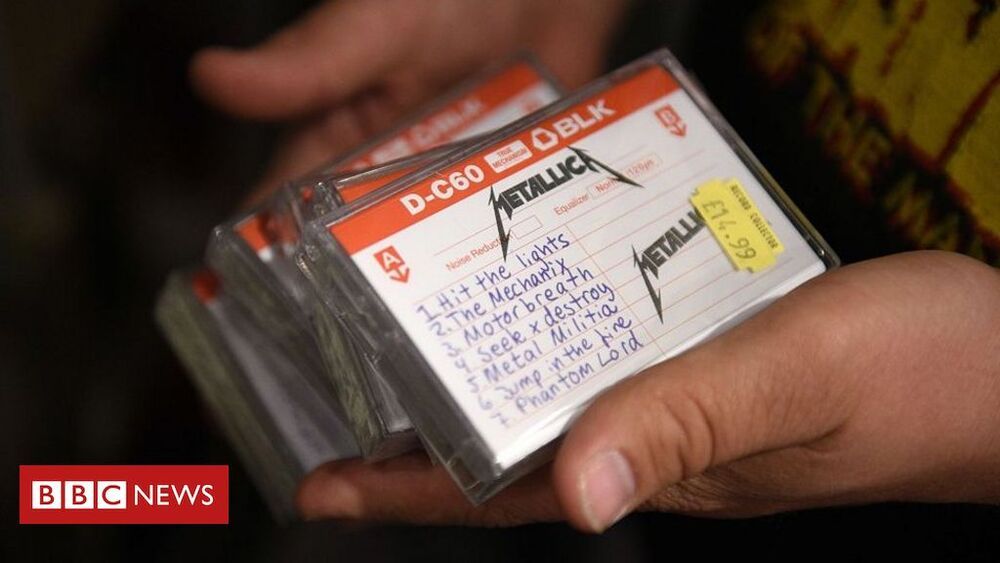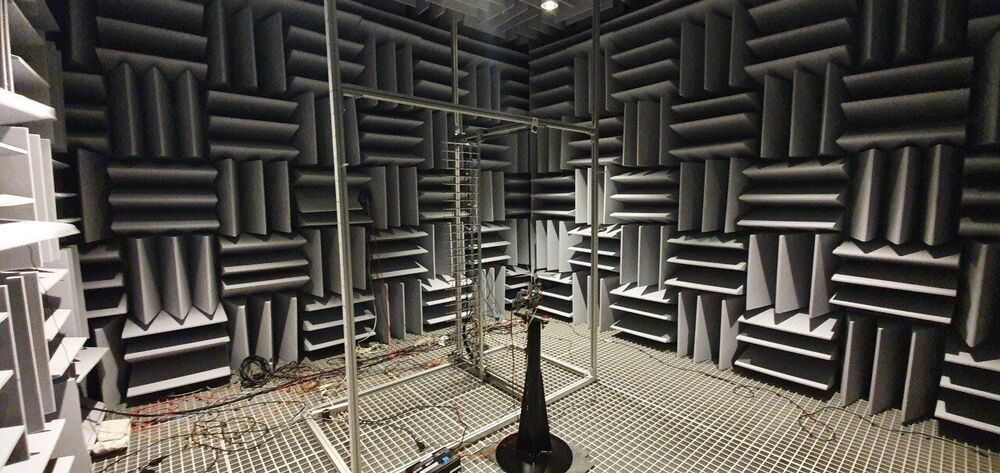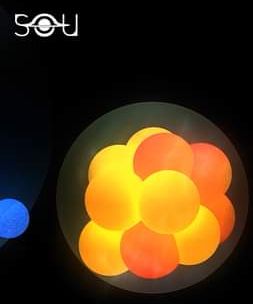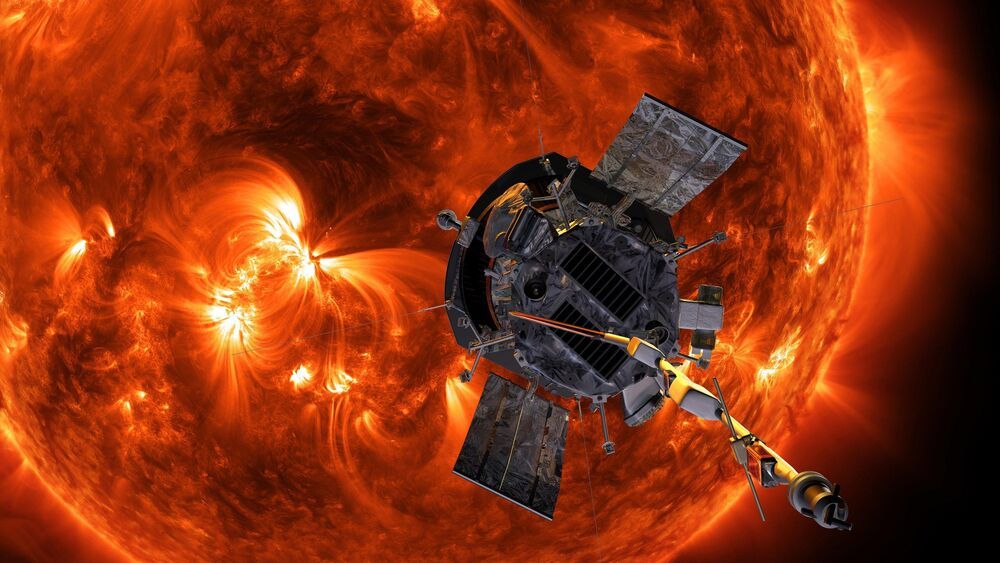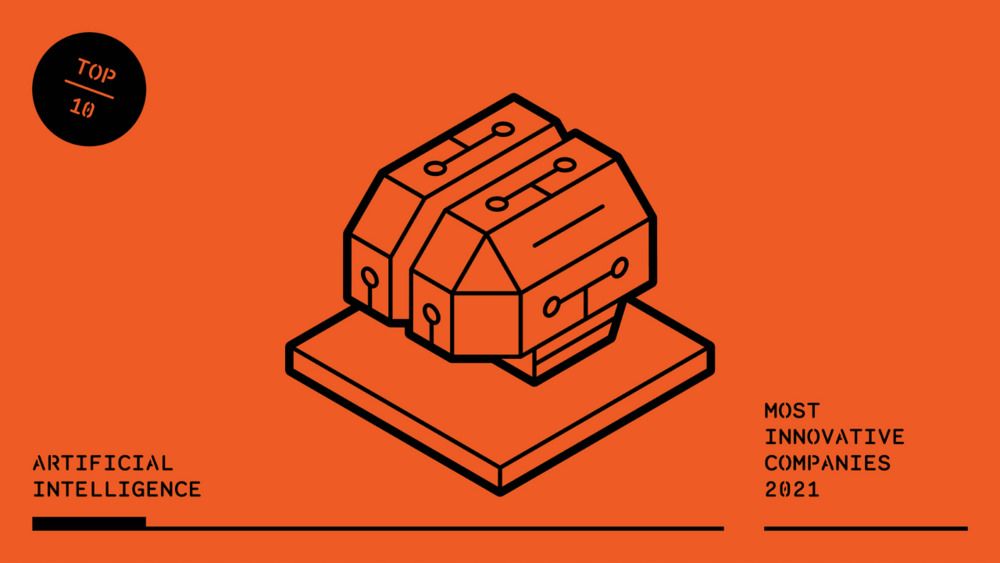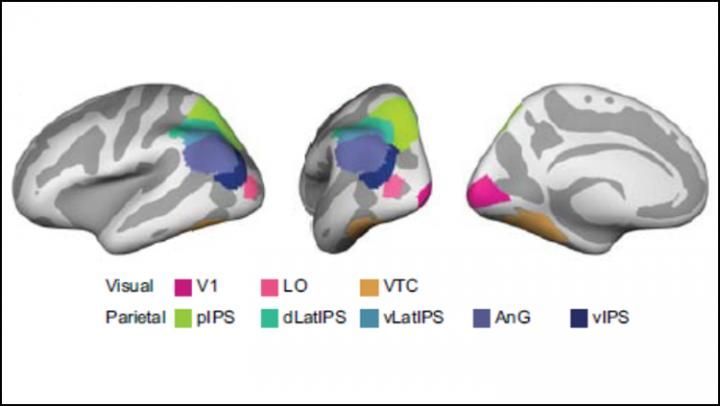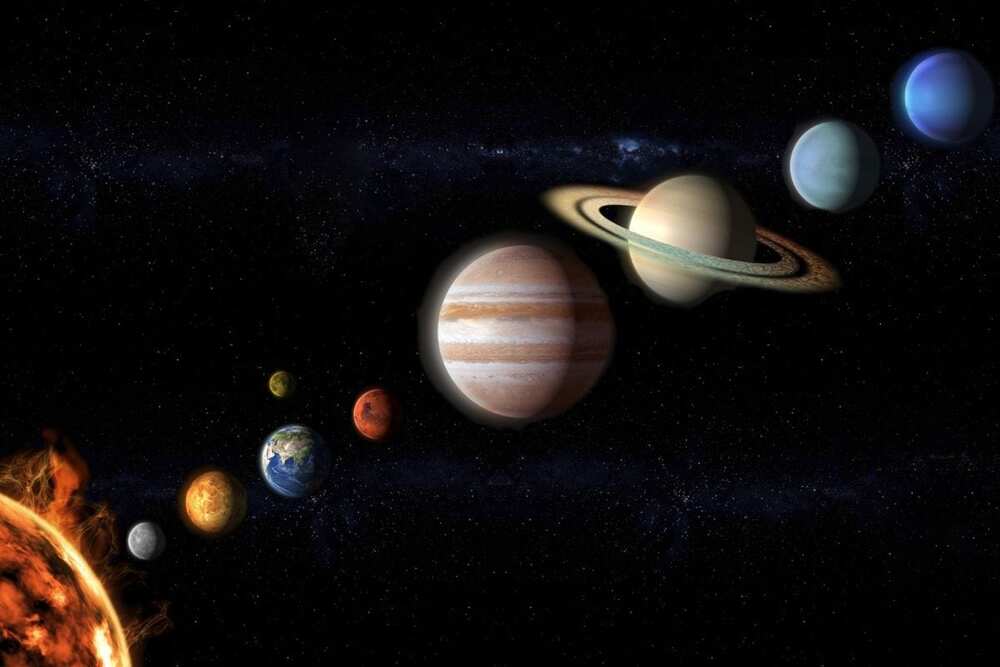
A fireball that lit up the sky over the United Kingdom and Northern Europe on February 28 was an extremely rare type of meteorite. Fragments of the space rock discovered on a driveway in the Cotswolds could provide answers to questions about the early history of the solar system and life on Earth. Almost 300 grams (10.6 ounces) of the meteorite have been collected from the small Gloucestershire town of Winchcombe by scientists, who said the rock was formed of carbonaceous chondrite. The substance is some of the most primitive and pristine material in the solar system and has been known to contain organic material and amino acids — the ingredients for life.
The Natural History Museum in London said the fragments were retrieved in such good condition and so quickly after the meteorite’s fall that they are comparable to rock samples returned from space missions, both in quality and quantity. “I was in shock when I saw it and immediately knew it was a rare meteorite and a totally unique event. It’s emotional being the first one to confirm to the people standing in front of you that the thud they heard on their driveway overnight is in fact the real thing,” said Richard Greenwood, a research fellow in planetary sciences at The Open University, in a statement from the museum. He was the first scientist to identify the meteorite.
There are approximately 65000 known meteorites on Earth, the museum said. Only 1206 have been witnessed to fall, and of these, only 51 are carbonaceous chondrites. The fireball was seen by thousands of eyewitnesses across the UK and Northern Europe and was captured on home surveillance and other cameras when it fell to Earth at 9:54 p.m. GMT on February 28. The original space rock was traveling at nearly 14 kilometers per second before hitting the Earth’s atmosphere and ultimately landing on a driveway in Winchcombe. Other pieces of the meteorite have been recovered in the local area. Footage of the fireball shot by members of the public and the UK Fireball Alliance camera networks helped locate the meteorite and determine exactly where it came from in the solar system, the museum said.


